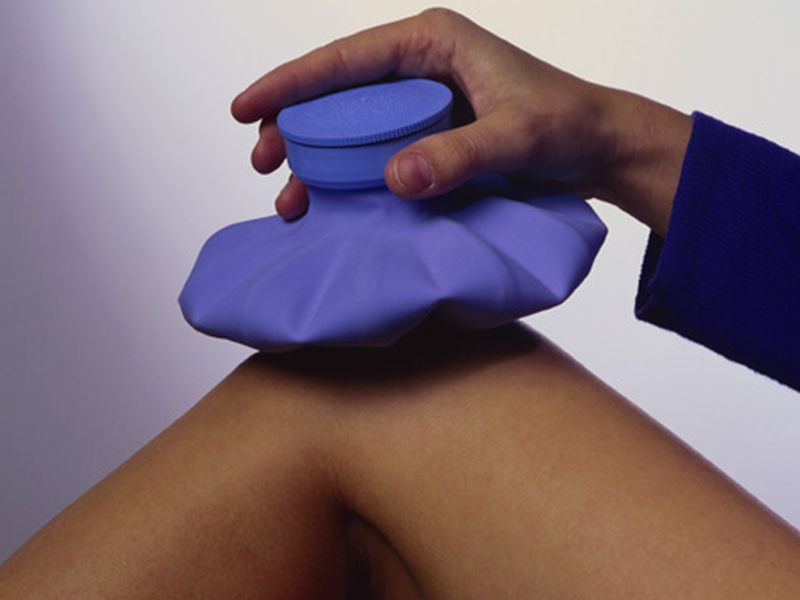
Tuesday, March 8, 2016

TUESDAY, March 8, 2016 (HealthDay News) -- Vitamin D supplements didn't relieve pain or slow the progression of knee osteoarthritis in a new study, even though the patients involved had low levels of the vitamin.
Osteoarthritis is a progressive disease, and currently no treatment is available that will stop the loss of cartilage. Eventually, many patients are headed for knee replacements, the Australian researchers said.
"These data suggest a lack of evidence to support vitamin D supplementation for slowing disease progression or structural change in knee osteoarthritis," said lead researcher Dr. Changhai Ding, a professor at the University of Tasmania in Hobart.
The use of vitamin D supplements to reduce pain and slow the progression of knee osteoarthritis has been controversial in the past, with studies showing conflicting results, he said.
This new study put vitamin D supplements to the test by randomly assigning some osteoarthritis sufferers to receive supplements while others received a placebo. In the context of this type of definitive study, vitamin D failed to have any beneficial effect, Ding's team found.
Knee osteoarthritis affects about 10 percent of men and 13 percent of women aged 60 and older, according to background information in the report. The study was published in the March 8 issue of the Journal of the American Medical Association.
The study findings did not come as a surprise to Dr. Neil Roth, an orthopedic surgeon at Lenox Hill Hospital in New York City.
"Osteoarthritis is a progressive disease and any medications patients take, orally or injected, won't alter the disease," he said. "The best we can do without a joint replacement is to modify some of the symptoms."
These treatments include anti-inflammatory drugs, painkillers and cortisone injections, he said. These therapies do not stop the disease from getting worse and only relieve some of the symptoms, Roth said.
For the study, Ding and colleagues randomly assigned just over 400 patients with knee osteoarthritis and low vitamin D levels to monthly treatment with either 50,000 International Units of vitamin D a month or a placebo.
Over two years of follow-up, the investigators did not see any difference between the groups in reduced pain, loss of cartilage or improvement in bone marrow in the thigh or shin bone.
"That's not to say that vitamin D doesn't play a role in other aspects of bone health -- because it does," Roth said.
It is important for men and women to have the appropriate levels of vitamin D to build and maintain bone mass, he said.
"Vitamin D is an important part of any well-balanced diet," Roth said. "But the notion that it is going to alter your arthritis and minimize some of the symptoms or the progression isn't sound. I wouldn't be taking vitamin D supplements if that's what your goal is."
A group that represents the vitamin supplement industry said the study did find slight improvements in some who were given vitamin D supplementation.
"This study demonstrates the potential benefit of vitamin D for patients with knee osteoarthritis as patients supplementing with vitamin D experienced pain reduction and a slightly smaller loss of cartilage over time," said Andrea Wong, vice president of scientific and regulatory affairs at the Coucil for Responsible Nutrition. "Even though the numbers are not statistically significant, these are positive trends that should encourage further research."
SOURCES: Changhai Ding, M.D., professor, University of Tasmania, Australia; Neil Roth, M.D., orthopedic surgeon, Lenox Hill Hospital, New York City; Andrea Wong, Ph.D., vice president, scientific and regulatory affairs, Council for Responsible Nutrition, Washington, D.C.; March 8, 2016, Journal of the American Medical Association
HealthDay
Copyright (c) 2016 HealthDay. All rights reserved.
- More Health News on:
- Knee Injuries and Disorders
- Vitamin D




























.jpg)












No hay comentarios:
Publicar un comentario